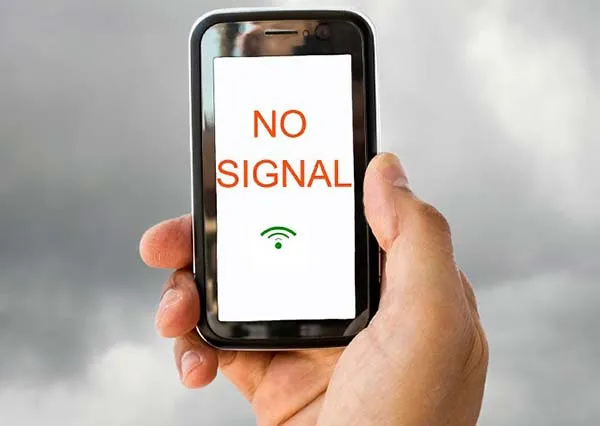Four types of GPS interceptors
The Global Positioning System (GPS) uses a series of Earth orbiting satellites that transmit radio signals. The signals have to travel a long distance to reach the GPS receiver, so they become very weak when they reach the earth's surface. The GPS receiver needs GPS signals from three different GPS satellites to accurately calculate its position. A GPS signal is a radio signal that uses a specific frequency. GPS uses two main frequency bands - 1575.42 MHz for public and non military purposes, and 1227.6 MHz for the U.S. military. Because the GPS receiver receives weak radio waves from satellites, it is easy to be interfered or distorted using stronger RF signals (simulating signals received from satellites using GPS jammers).

The easiest way to prevent the GPS tracker from working is to destroy the device to make it inoperable. However, there are many ways to achieve similar results in a more cautious manner by using techniques. There are four types of GPS interceptors:
1. Mobile phone jammer
Some people may be surprised to find that mobile phones also use GPS signals. Mobile phone jammers will prevent the exchange of real-time location information - one of the most important data points for monitoring drivers. Mobile phone jammers can also be widely used online, but this technology is much more expensive than other options.
2. Metal box
The easiest way to stop the GPS tracking device from running is to put it in a metal box. Any conductive metal will reflect and absorb incoming and outgoing signals from the equipment and interfere with its operation. Wrapping the GPS tracker in aluminum foil is enough to do this - although copper and even silver can do it. This is a very cheap and simple GPS jamming method. However, the perpetrator must be able to physically access the GPS device to use this method.
3. GPS scrambling gadget
GPS scrambling gadget can be found everywhere on the Internet, and the price is less than 100 dollars. These devices are easy to operate and can be installed and disassembled with caution. The frequency they emit prevents incoming and outgoing GPS signals and interferes with the normal operation of the GPS device.
4. GPS spoofing
The GPS deception device sends false GPS signals, which are received by traditional tracking devices and considered to be true. Brent Ledvina, professor of electrical and computer engineering at Virginia Tech University, said that GPS deception "is almost like someone nearby cheating your favorite radio station by transmitting at the same frequency but with higher power, so that your receiver can believe that it is receiving the correct radio station.


